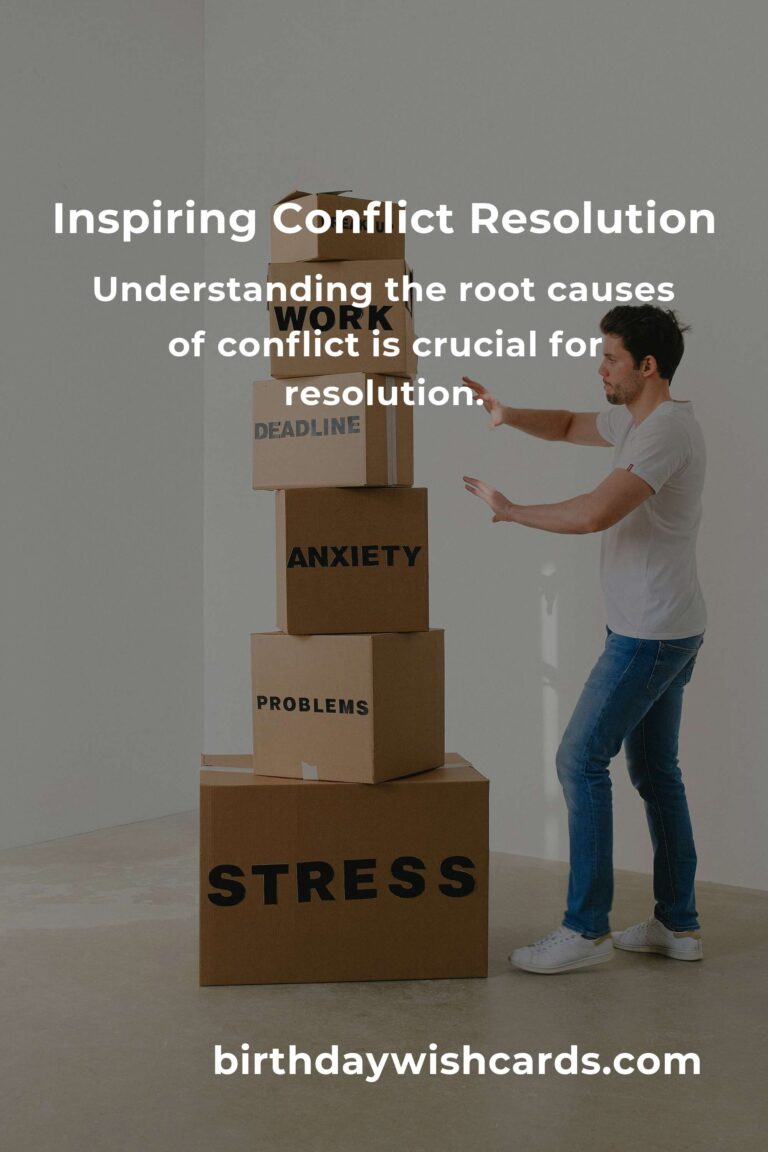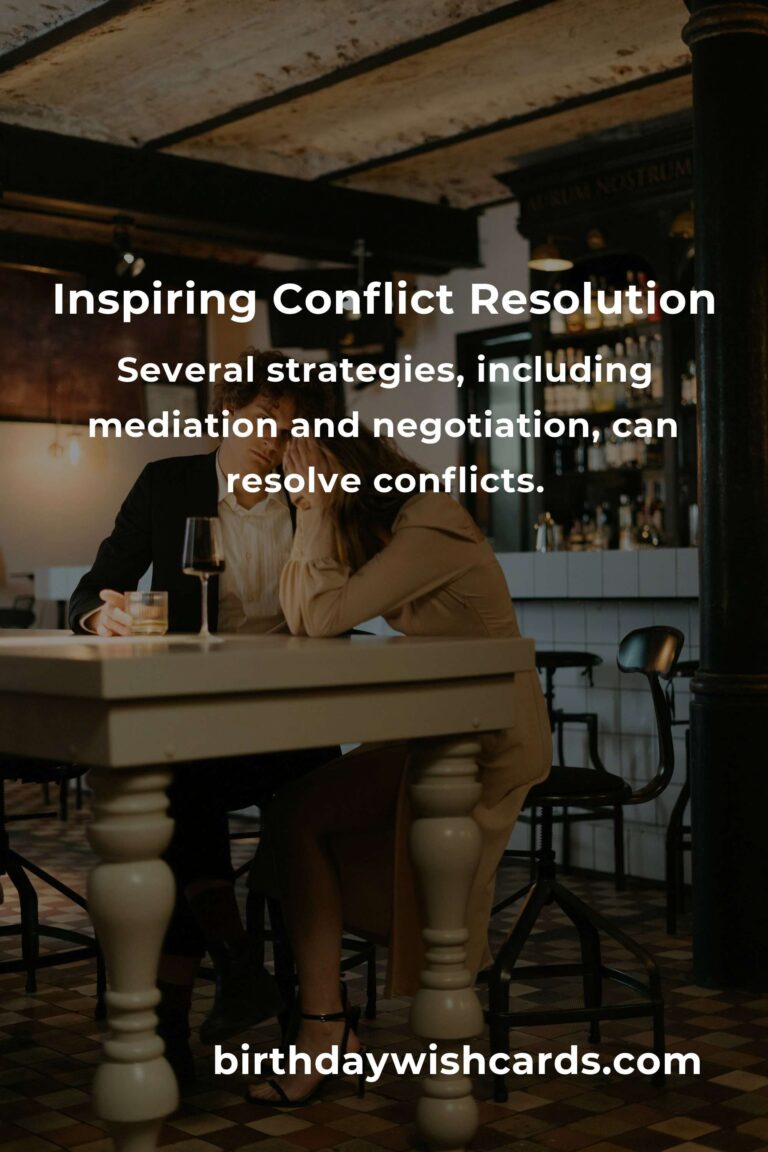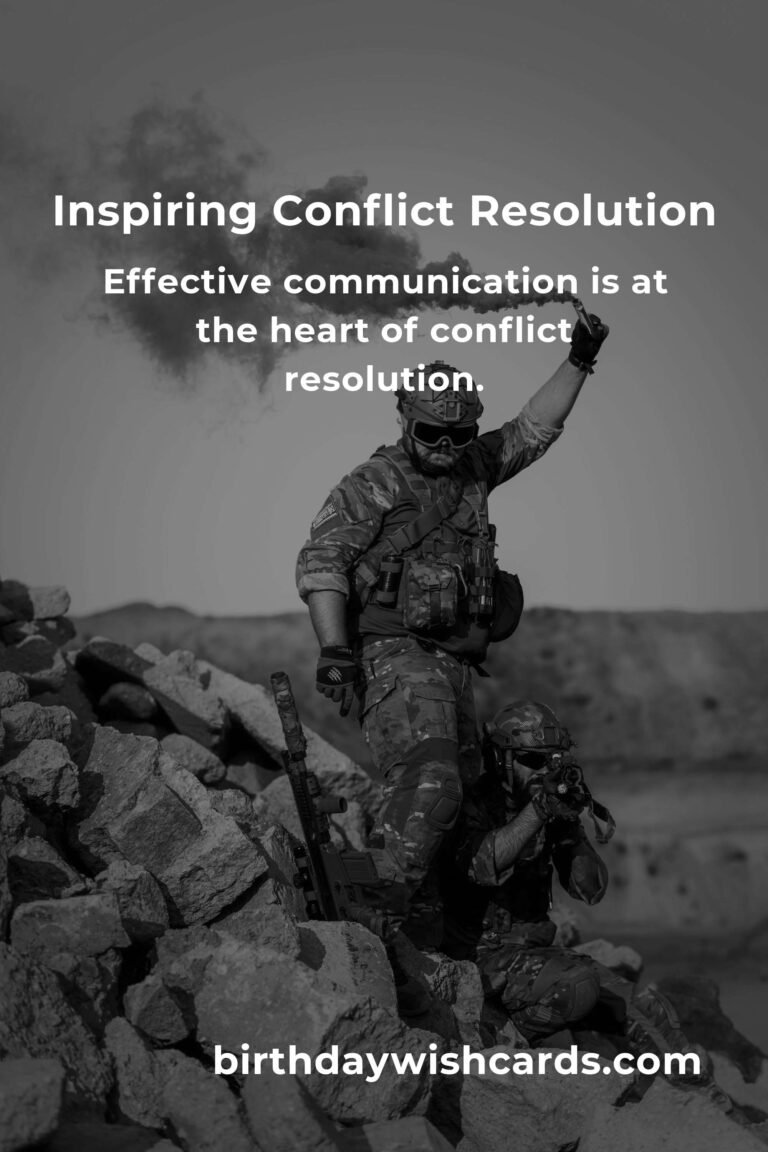
Conflict is an inevitable part of life. Whether in personal relationships, workplaces, or communities, differing opinions and interests often lead to disagreements. However, effectively resolving conflicts can transform these challenges into opportunities for growth and understanding.
Understanding the Nature of Conflict
Before diving into conflict resolution strategies, it is crucial to understand what conflict is. Conflict arises from perceived differences and can be fueled by miscommunication, differing values, or unmet needs. Recognizing the root causes of a conflict can help in addressing it constructively.
Communication: The Key to Resolution
Effective communication is at the heart of conflict resolution. Active listening, empathy, and clarity are essential components. When parties feel heard and understood, they are more likely to collaborate towards a solution. Open-ended questions and non-verbal cues also play a significant role in fostering a communicative environment.
Strategies for Conflict Resolution
Several strategies can be employed to resolve conflicts. Mediation involves a neutral third party helping the disputants to reach a consensus. Negotiation focuses on finding a mutually acceptable solution, while compromise involves each party making concessions. In some cases, collaboration may lead to innovative solutions by integrating different perspectives.
The Role of Emotional Intelligence
Emotional intelligence is a critical factor in conflict resolution. It involves being aware of one’s emotions, managing them appropriately, and empathizing with others. High emotional intelligence can lead to more effective conflict management and can prevent escalation.
Building a Culture of Resolution
Promoting a culture that values conflict resolution is essential in any organization or community. Encouraging open dialogue, providing training in conflict management, and setting a precedent for peaceful resolution can create an environment where conflicts are seen as opportunities rather than threats.
Case Studies in Successful Conflict Resolution
Examining real-life examples of successful conflict resolution can provide valuable insights. Whether it’s a workplace dispute resolved through mediation or a community conflict addressed through collaborative efforts, these case studies highlight the potential for positive outcomes when conflicts are managed effectively.
Conclusion: Transforming Conflict into Opportunity
In conclusion, conflict resolution is not just about ending disagreements but transforming them into opportunities for growth and collaboration. By understanding the nature of conflict, prioritizing communication, utilizing effective strategies, and embracing emotional intelligence, individuals and organizations can inspire positive change and foster harmonious relationships.
Conflict is an inevitable part of life. Effectively resolving conflicts can transform challenges into opportunities for growth. Understanding the root causes of conflict is crucial for resolution. Effective communication is at the heart of conflict resolution. Several strategies, including mediation and negotiation, can resolve conflicts. Emotional intelligence plays a critical role in managing conflicts. Promoting a culture of resolution is essential for harmonious relationships.
#ConflictResolution #Communication #EmotionalIntelligence #Mediation #Negotiation #Growth












